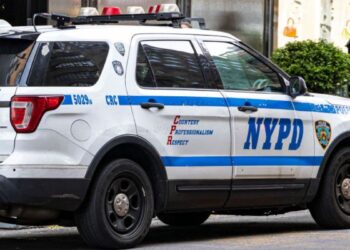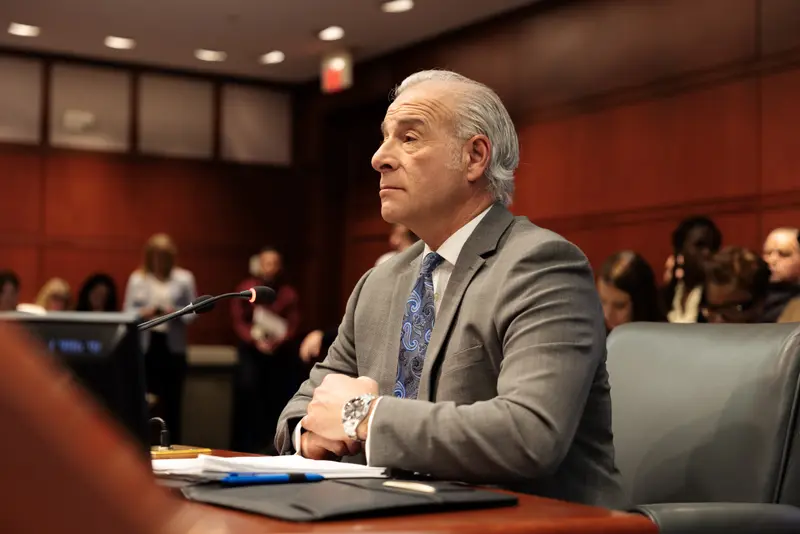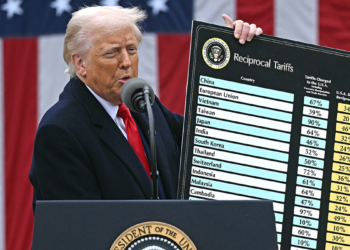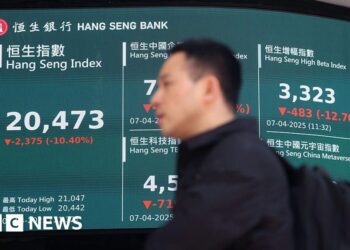Artist denies trying to distort Trump in Colorado portrait
Video above: A history of Presidents Day (AP) — A Colorado artist denies trying to distort President Donald Trump's likeness in a portrait that hung until recently in the state Capitol and says the president's criticisms are hurting her business. She also disputed that the work...
Read moreWho will win the 2025 Masters? Here are 25 top contenders.
When the calendar turns to April, a barrage of casual golf fans set their sights on Augusta National and the...
Roll in style with these top in-line skates – Orange County Register
Which in-line skates are best? In-line skates aren’t just for the roller rink. They’re popularly used in skate parks and...
Connecticut DMV Never Set Up System to Enforce a Century-Old Towing Law — ProPublica
This article was produced for ProPublica’s Local Reporting Network in partnership with The Connecticut Mirror. Sign up for Dispatches to...
Israel Controls 50% of Gaza as It Expands Military Footprint
TEL AVIV, Israel — Israel has dramatically expanded its footprint in the Gaza Strip since relaunching its war against Hamas...


























 Al Jazeera English | Live
Al Jazeera English | Live






















